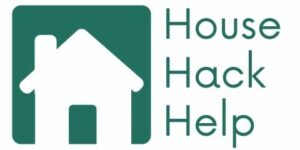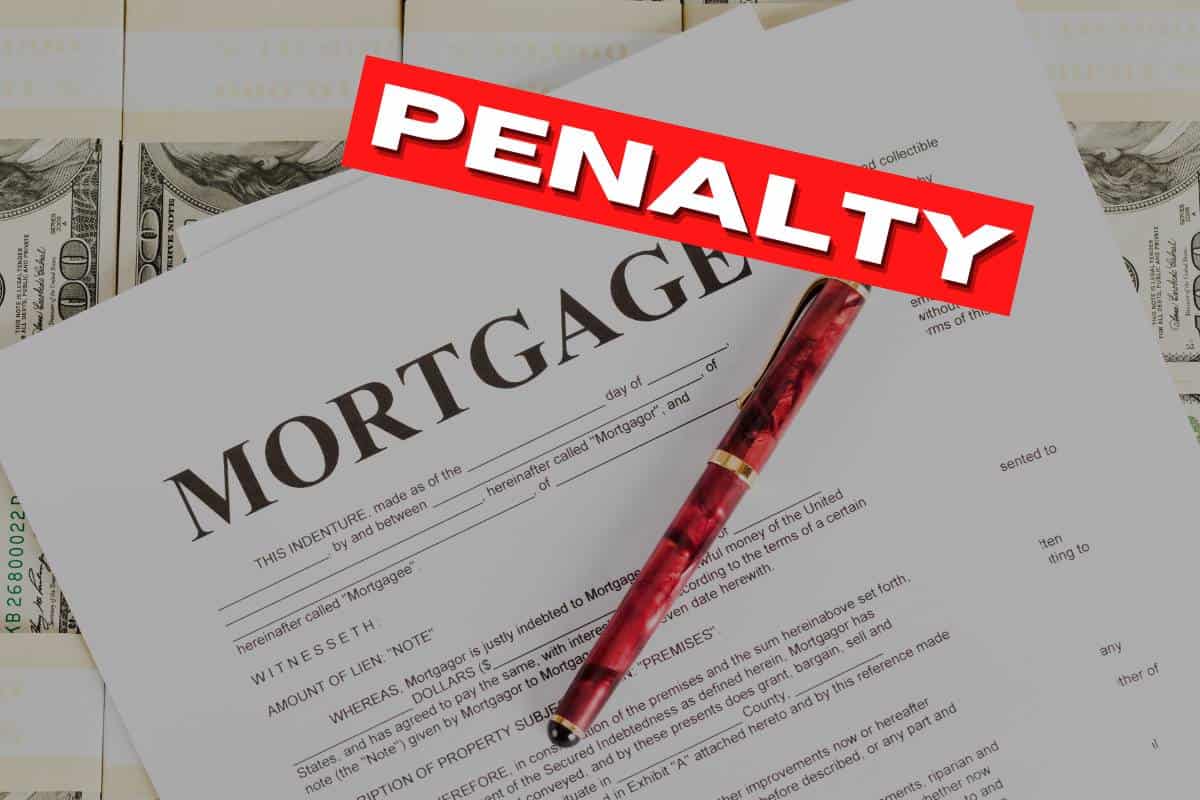Can I House Hack With a Mortgage That Has a Pre-Payment Penalty?
House hacking is a popular strategy for real estate investors looking to get their foot in the door and start building wealth through property ownership.
The rent from the tenant units can help offset the cost of the mortgage, making it possible for the investor to live for free or even turn a profit.
One potential challenge for those considering house hacking is navigating the mortgage process.
Specifically, many potential investors wonder if it is possible to house hack with a mortgage that has a pre-payment penalty.
Here’s what you need to know.
What is a Pre-Payment Penalty?
A pre-payment penalty is a fee that is charged to a borrower if they pay off their mortgage before the end of the agreed-upon loan term. These penalties are designed to protect the lender’s profits, as they rely on the borrower paying interest over the full term of the loan in order to maximize their return.
Pre-payment penalties are typically only found on certain types of mortgages, such as adjustable-rate mortgages (ARMs) or interest-only mortgages. They are not as common on traditional fixed-rate mortgages.
Is it Possible to House Hack With a Mortgage That Has a Pre-Payment Penalty?
Yes, it is possible to house hack with a mortgage that has a pre-payment penalty. However, your flexibility may be limited thanks to the penalty.
For example, if you decide to sell the property or refinance the mortgage before the end of the loan term, you could be on the hook for a significant pre-payment penalty. This could eat into your profits or make it difficult to break even on the sale.
Though pre-payment penalties typically decrease over time. And they rarely stretch out beyond a few years.
But that means that you will have to commit to holding the unit for a longer period of time to avoid the penalty, which might limit your options in a pinch.
The same goes for a potential refinance – that can trigger your prepayment penalty, making it more expensive to lower your rate or change your mortgage terms.
Thankfully, house hackers can take advantage of owner-occupied loan products, like FHA loans, which tend to have the best loan terms available to anyone.
That said, for house hacking purposes, a pre-payment penalty shouldn’t do too much, especially if you are investing for the long-term.
Alternatives to a Mortgage With a Pre-Payment Penalty
If you are considering house hacking but are concerned about the potential limitations of a mortgage with a pre-payment penalty, there should be plenty of options without penalties.
Seek out a mortgage with a fixed-rate and no pre-payment penalty. Most owner-occupied financing options are like this (i.e. FHA, VA, conventional, etc.).
These types of mortgages are more common and can offer greater flexibility in the event that you decide to sell or refinance the property.
Don’t let someone sell you on a loan with a pre-payment penalty – carefully consider your other options.
However, if your only option is a loan with a pre-payment penalty, it might not be a problem. If you’re holding for the long-term anyways, it might not make much of a difference.
Whatever the case, tread carefully and weigh all of your options.
Conclusion
In summary, it is possible to house hack with a mortgage that has a pre-payment penalty, but it is important to carefully consider the potential drawbacks and whether or not this strategy is a good fit for you.
If you are concerned about the limitations of a pre-payment penalty, ask a loan officer for options without penalties.
But a pre-payment penalty shouldn’t stop you from house hacking.
FAQs About Mortgages for House Hacking
Can I get a mortgage for a multi-unit property?
Yes, it is possible to obtain a mortgage for a multi-unit property, such as a duplex or triplex, to use for house hacking. You can typically get great terms on properties under 5 units since these properties qualify for most of the owner-occupied financing programs.
Can I use the rent from my tenants to qualify for a mortgage?
Yes, it is possible to use the projected rent from your tenants to help qualify for a mortgage. The rental income can significantly lower your debt-to-income ratio, which is one of the major factors that lenders consider when evaluating your mortgage application.
Lenders often consider a large fraction of the projected market rents of any units that you will not be living in when calculating your income.
Is it better to use a mortgage broker or go directly to a lender?
There are pros and cons to both options. Using a mortgage broker can be a good choice if you want to compare loan offers from multiple lenders. Mortgage brokers have access to a wide range of lenders and can help you find a mortgage that meets your needs.
However, mortgage brokers may charge hefty fees for their services, which can add to the overall cost of the loan. And for many standard, owner-occupied options, most mortgage lenders should have pretty similar terms.
Going directly to a lender can be a good choice, especially if you already know which lender you want to work with or if you want to avoid paying broker fees. However, it will probably take more of your own time to find that lender (or lenders) in the first place.
This website, and any communication stemming from it, should not be taken as financial or legal advice for your specific situation. Consult directly with a licensed financial professional should you need investment advice and consult directly with a licensed attorney directly should you need legal advice. Assume all links are affiliate links. I am an Amazon affiliate.


